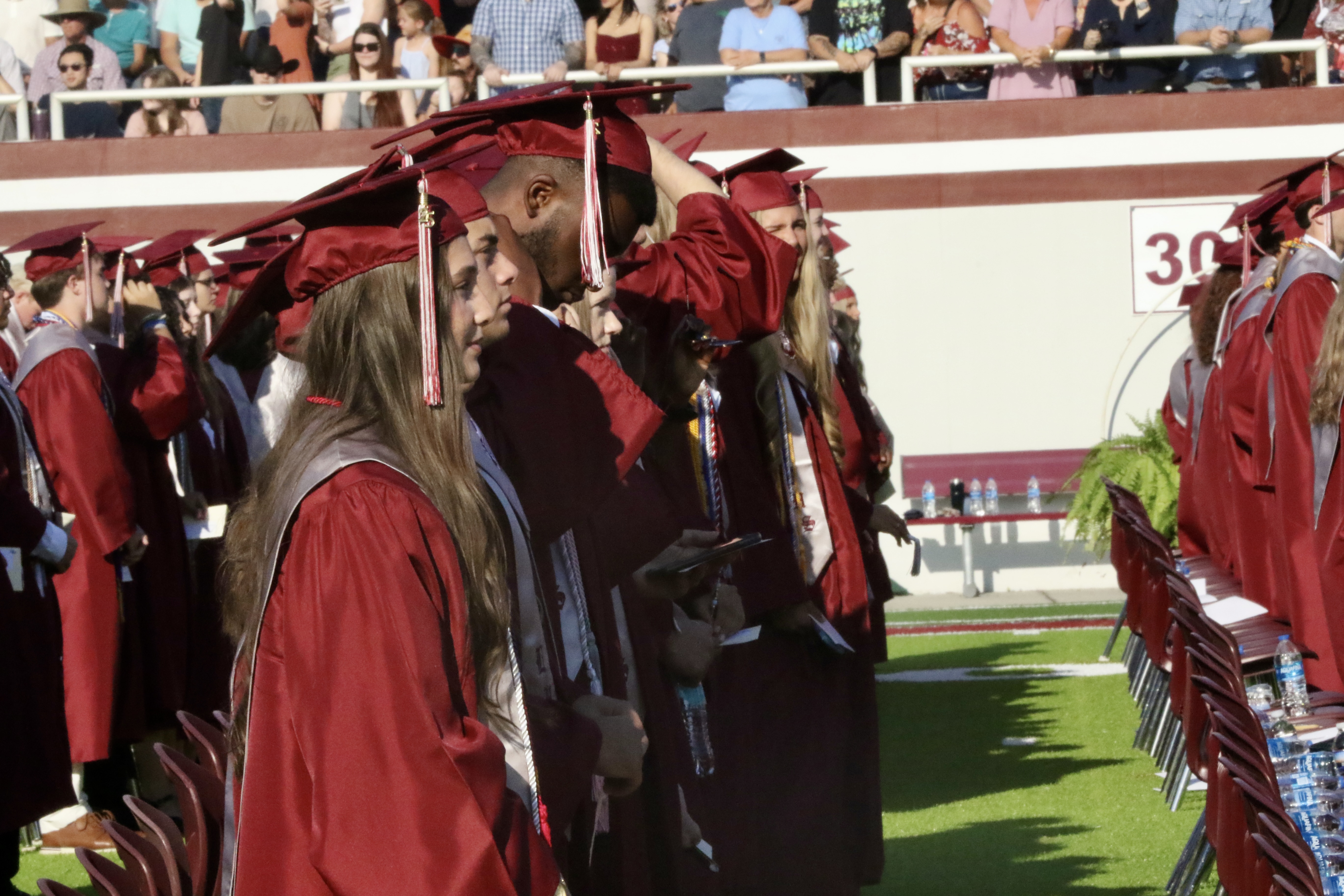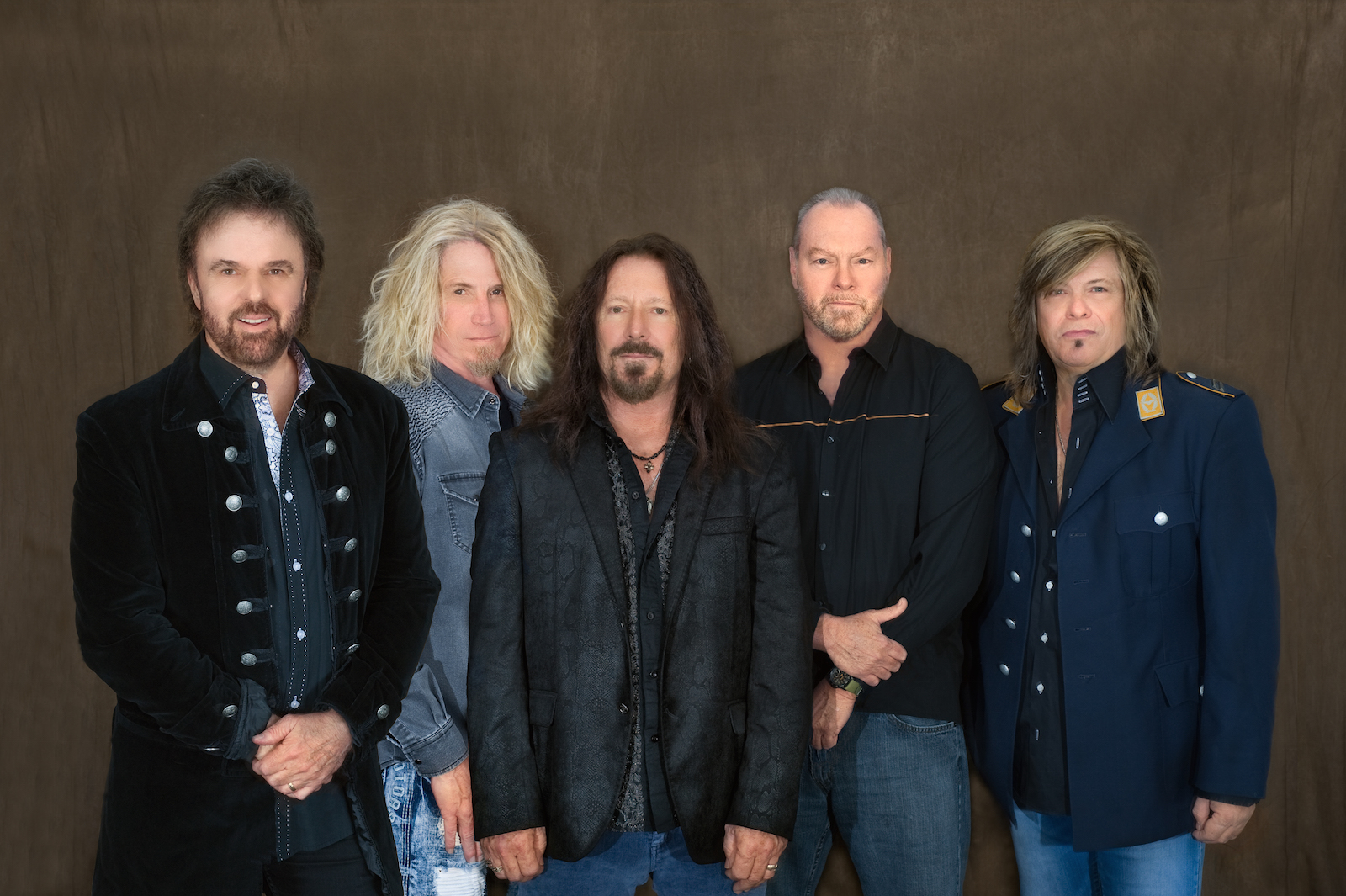DEAN POLING: When we didn’t wear politics like a beer label
Published 4:14 pm Thursday, April 10, 2025
Talking politics was brief at the bar.
At least it was then.
Sitting at a bar a few decades ago, politics were discussed but the political talk around the bar stools usually occurred during the half hour of network news.
Someone might pontificate on the top story. Usually a sentence or two because the newscast spent only a minute or two on the top story and had moved onto the next story. If someone spoke too long or loud about the first story, other people at the bar often shushed him so they could hear the next news story on TV.
People didn’t agree with each other back then either. But a lot of people kept their opinions to themselves, especially while sipping a beer at the local bar. They might think a political side in the newscast was full of manure and may think a person at the end of the bar who agreed with that political side was full of similar material but most folks didn’t engage. They might quietly say to a buddy next to them what they think of the person at the end of the bar; the buddy might nod his head and mutter, “Yep.” But that was often the extent of a political debate.
When a political debate did occur, bartenders often acted as moderators reminding the bar stool debaters of the old adage: Never talk politics or religion at the bar. That saying also used to apply to polite company. Folks seated around the bar were never polite company but they were usually polite enough not to blather about politics.
The ones who rambled about politics often got a long side-eye from the other people seated around the bar and likely wondered why no one engaged them in conversation the next time they dropped by for happy hour.
Anyone too publicly rabid about politics was considered a crank. The degree of harmlessness depended on how long the crank went on about politics, what they said and how they said it. Once the person left, barstool reactions could range from “Oh, that’s just Joe. He’s OK” to “That’s Bill. Do not get him started. He’s crazy.”
When the half-hour newscast ended, political talk usually ceased. Even the people who had openly debated politics a few minutes earlier put their politics aside and pushed to be the first to solve the puzzle on “Wheel of Fortune” or worked together to answer the questions on “Jeopardy.” Or they talked about their jobs, sports, music, families, or those age-old favorites – rumors, innuendo and gossip.
Twenty-four-hour news networks rarely played non-stop at the bar. The only times a bar turned the television to 24-hour news was for events such as the Gulf War or O.J.’s slow-moving white Ford Bronco fleeing police.
Usually, in the days before 24-hour news and 24-hour sports, the bar TV was tuned to a local television station, where the national network news played from 6:30-7 p.m. And that’s the way it was … onto something other than the news and politics for the evening.
Political talk wasn’t always hemmed into that 6:30-7 p.m. time slot. Some times it started earlier during the “happy hour” hours of late afternoon and early evening. Or it might start later. But it wasn’t an all-the-time thing.
People didn’t wear their politics on their hats like the labels on their favorite beer. Most folks played their politics, like they played their cards, close to the vest.
We didn’t look at each other and say he’s a Democrat or he’s a Republican. We looked at each other, and depending on his hairstyle and clothes, said he’s a hippie or he’s a yuppie.
We looked at each other and said he’s Joe or he’s Bill. … But don’t get them started on politics. At least not in the bar. It ain’t polite.
Dean Poling is a former editor with The Valdosta Daily Times and The Tifton Gazette.






